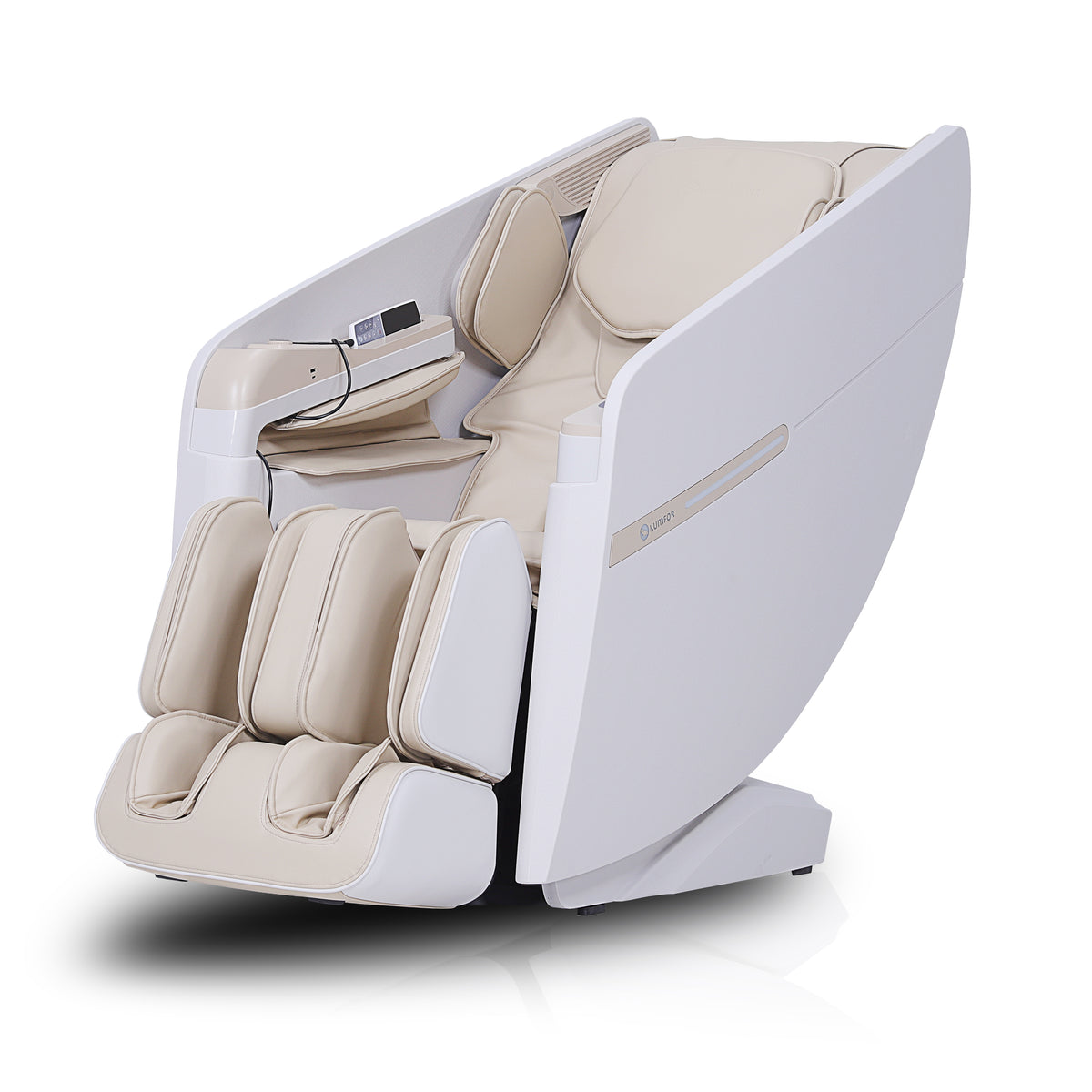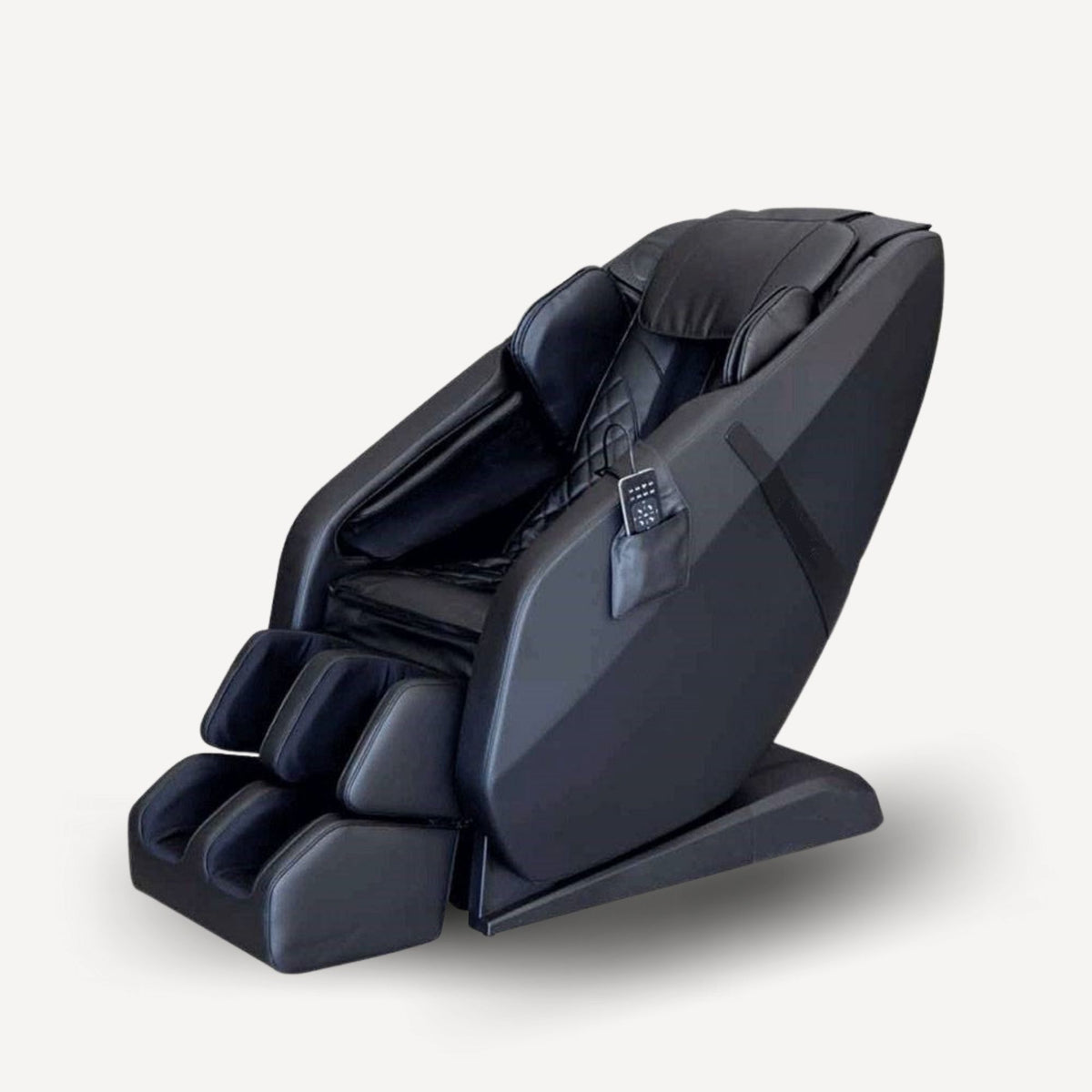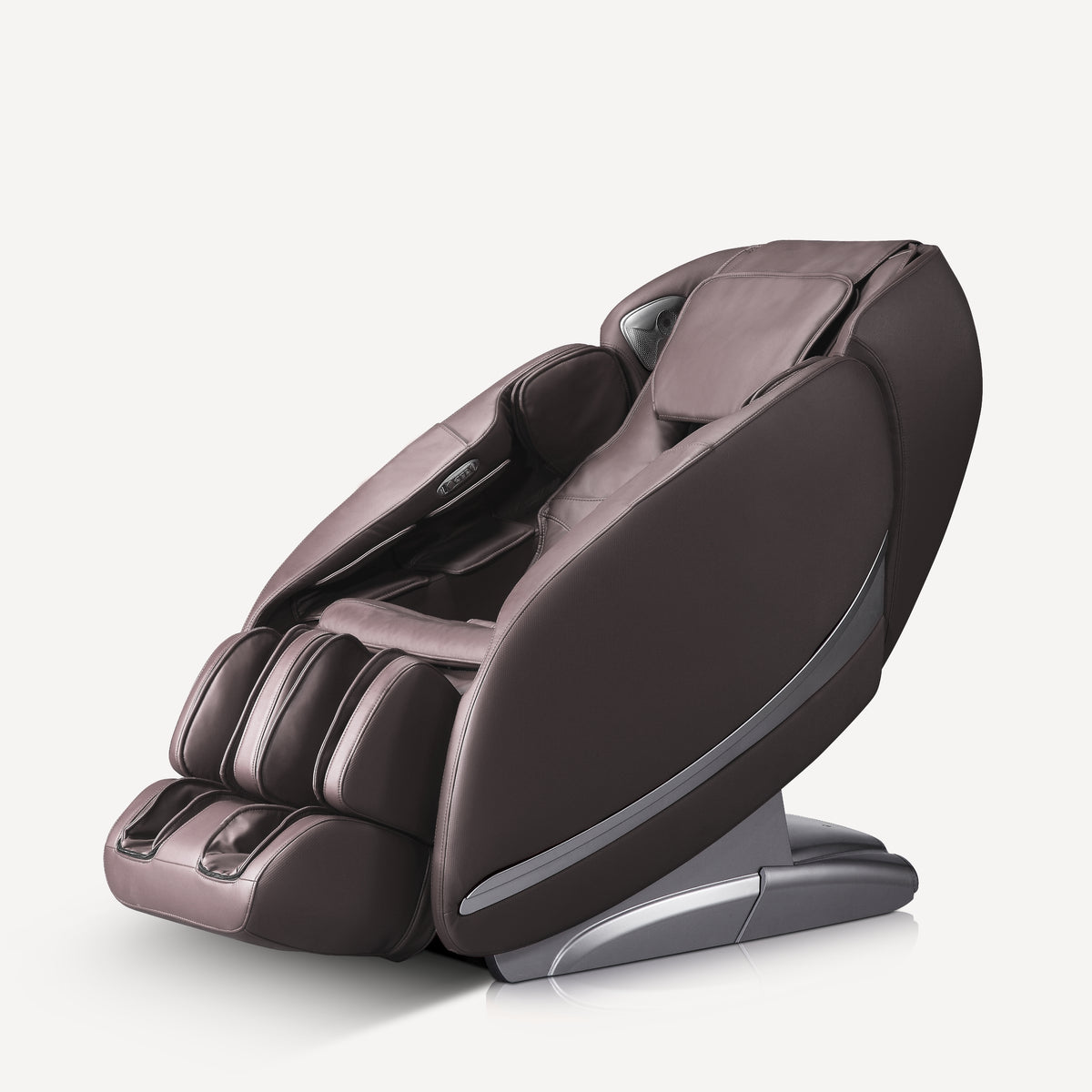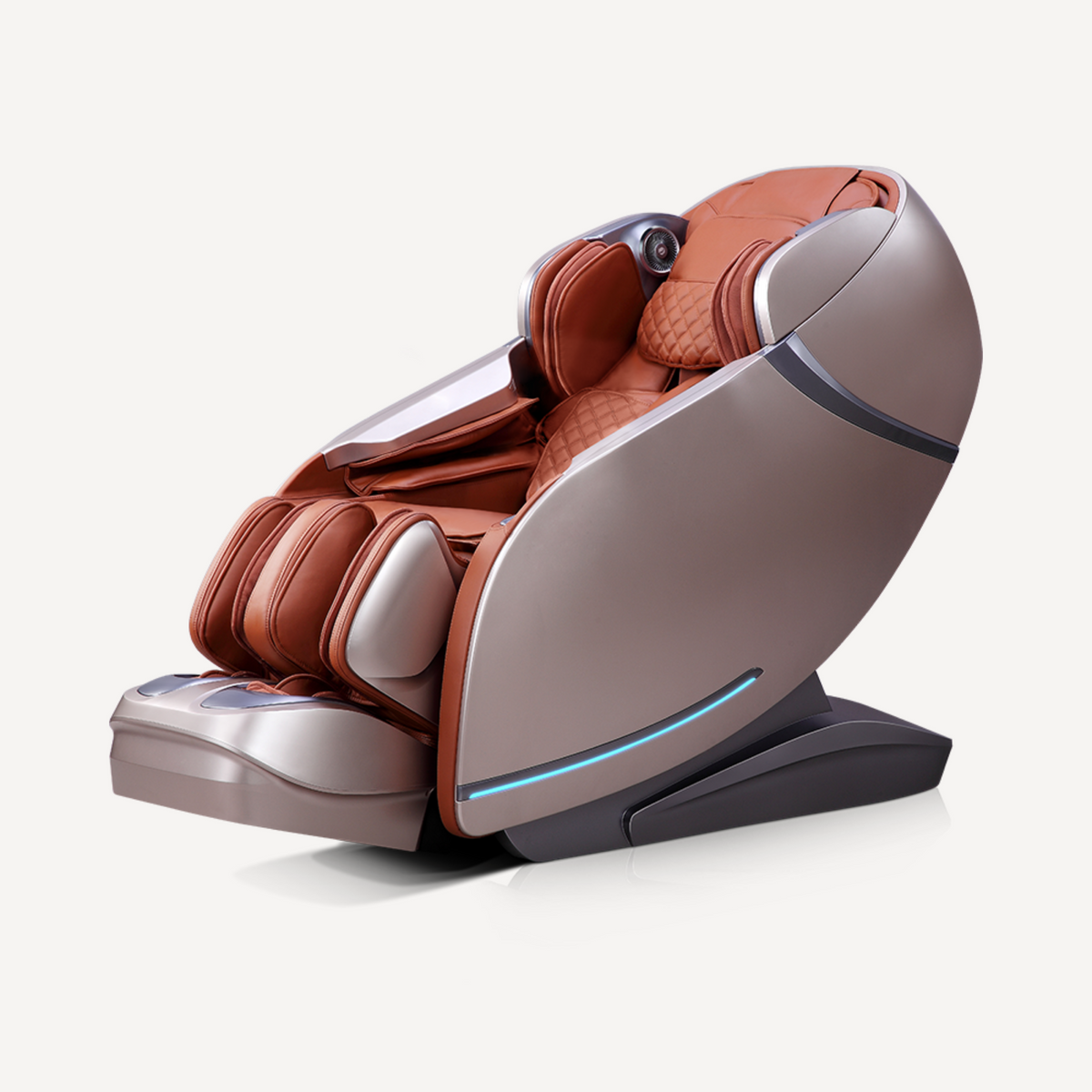Traditional Chinese Medicine (TCM) refers to the traditional medical system of China, also known as TCM. It is a medical system rooted in ancient Chinese culture and philosophical beliefs, with a history of several thousand years. TCM views the human body as a holistic entity interconnected with the surrounding environment and incorporates important theories such as Qi, Yin-Yang, and the Five Elements.
The core concept of TCM is to maintain health by balancing the flow of energy within the body. It considers the physiological functions and mental states of the body as a unified whole, emphasizing the regulation of the body's self-healing abilities. Diagnostic methods in TCM include observation, listening, questioning, and pulse diagnosis. Practitioners observe a patient's facial complexion, tongue coating, etc., inquire about medical history, and may conduct pulse examination.
TCM employs various treatment modalities, including herbal formulations, acupuncture, Tui Na massage, moxibustion, Qigong, and dietary therapy. Among them, acupuncture is the most well-known TCM therapy, involving the insertion of fine needles into specific acupoints to regulate the flow of Qi and blood. Tui Na massage is also a commonly used treatment method, utilizing techniques such as pressing, kneading, and rubbing on acupoints and meridians to promote the smooth flow and balance of Qi and blood.
TCM is widely practiced in China and other Asian countries and has gained attention and recognition globally. Many people seek the assistance of TCM for managing various illnesses, promoting health, and improving quality of life. However, in the field of medicine today, there is an increasing emphasis on integrative medicine, combining the principles of TCM with modern medicine to provide more comprehensive and personalized healthcare.






0 comments